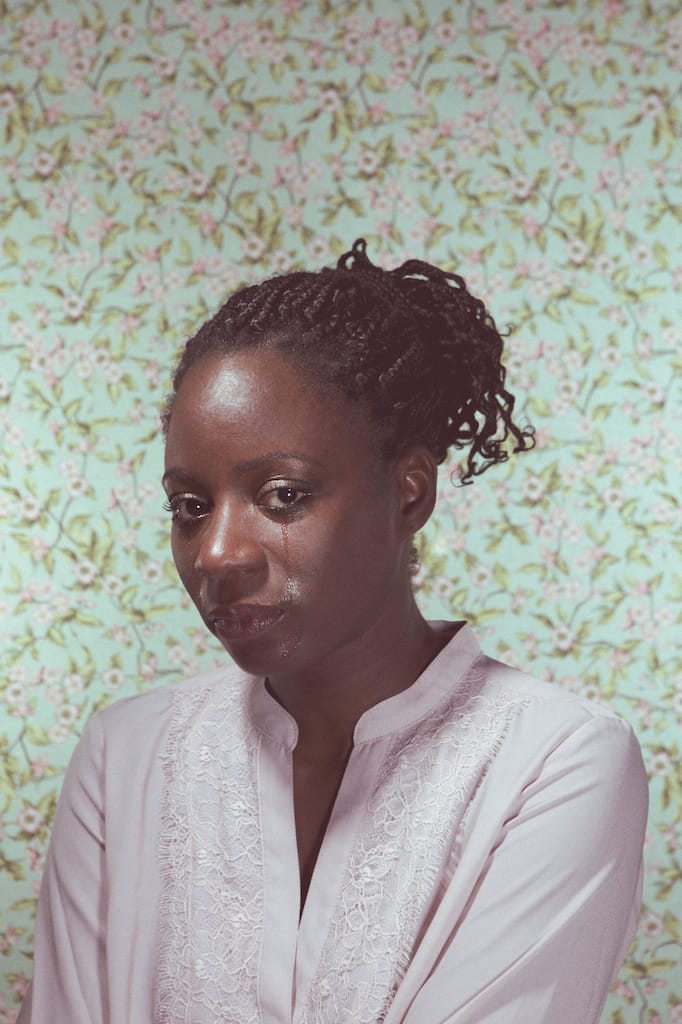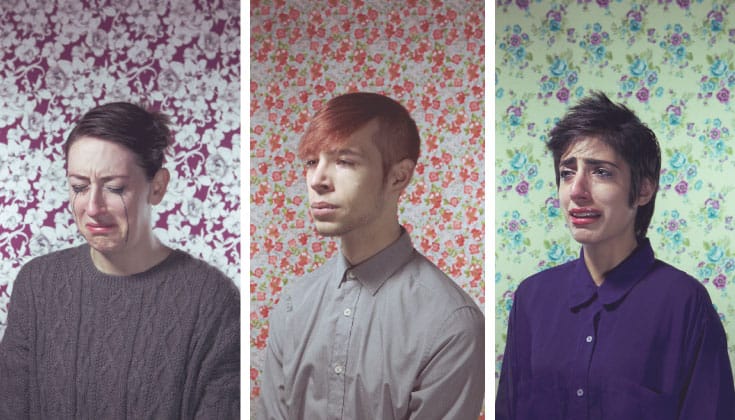We can get so worked up trying to be happy that I wanted to strike a different note to the tune of full disclosure:
Sad.
What about when you’re sad? What about when bad things happen or good things don’t? What about tears and disappointments?
As long as you’re in the mode of self-improvement and life enhancement, it’s easy to think of sadness as the enemy of happiness. To think of bad times as the opposite of good. But they are only opposites in the realm of antonyms. They are only opposites in your thinking mind, the mind that compares and judges things to be one way or the other. In the real world, happiness and sadness, highs and lows, spring and fall, occur in one place — the same place — your life.
So is being sad somehow less than good? Is it wrong?
Sadness can be a springboard to a spiritual practice. Because most of us suffer when we are sad, and cause others to suffer too, it can lead us to seek solace and resolution. Sadness is a useful sign. You might notice, for instance, that when you begin a meditation or yoga practice, you begin to cry for no good reason at all. This can indicate that you are releasing long-held emotions and fears. It feels good to cry. And it feels good to stop too. By itself, crying always ends, eventually. Sadness changes to something else. Because all things, even strongly self-identified emotions, change when we let them.

One time I went to see Maezumi Roshi after a meditation session in which the tears streamed in rivulets down my cheeks.
“I’m sitting in a field of sadness,” I said to him. I was a tiny bit pleased by my poetic expression. I thought we might talk about it, rooting out the cause, and apply a kind of treatment.
“When you’re sad, be sad,” he said. And that was all he said. I confess I found it abrupt, considering my experience with other kinds of counselors. He didn’t criticize me, he didn’t correct me, he just didn’t dwell.
In life, nothing dwells. The wind blows and then stops. The blossoms burst forth and then fall. Things come and go. The melody drifts back onto an aching E-flat and then back to E again. The song of your life is played on white and black keys.
Sadness is a cornerstone of Buddhism, an essential truth of human life. But let’s not dwell there. Not while the song is still playing.
Please note that clinical depression is a medical condition. This article is not intended to provide or replace treatment options for those who may suffer from clinical depression or other forms of mental illness.
